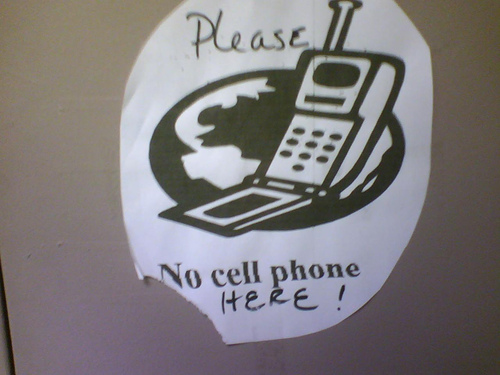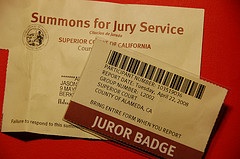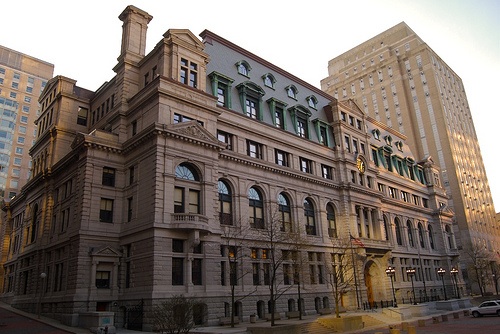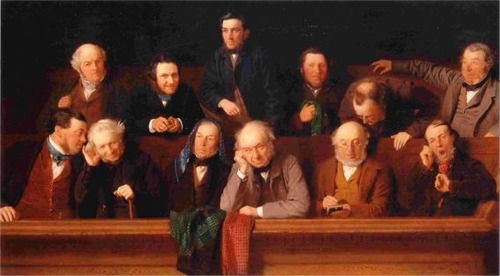Copyright 2007-25 Digital Media Law Project and respective authors. Except where otherwise noted,
content on this site is licensed under a Creative Commons Attribution-Noncommercial-ShareAlike 3.0 License: Details.
Use of this site is pursuant to our Terms of Use and Privacy Notice.
content on this site is licensed under a Creative Commons Attribution-Noncommercial-ShareAlike 3.0 License: Details.
Use of this site is pursuant to our Terms of Use and Privacy Notice.


 CMLP contributor Eric P.
CMLP contributor Eric P. Over the past year, we've watched the courts struggle with Internet and social media use involving a variety of actors.
Over the past year, we've watched the courts struggle with Internet and social media use involving a variety of actors.
 Click
Click  Following the approach taken by
Following the approach taken by  A ruling by the highest court in Massachusetts could impact the methods that activists use to advocate their causes, by setting a boundary between activism that is protected by the state's anti-SLAPP statute and factual reporting, which is not.
A ruling by the highest court in Massachusetts could impact the methods that activists use to advocate their causes, by setting a boundary between activism that is protected by the state's anti-SLAPP statute and factual reporting, which is not.
 Appeals courts in Colorado, Maryland
and New Jersey are the first to reverse jury
verdicts because of social media use by jurors during trial.
Appeals courts in Colorado, Maryland
and New Jersey are the first to reverse jury
verdicts because of social media use by jurors during trial.
 It could have been a moment right out of
It could have been a moment right out of 

